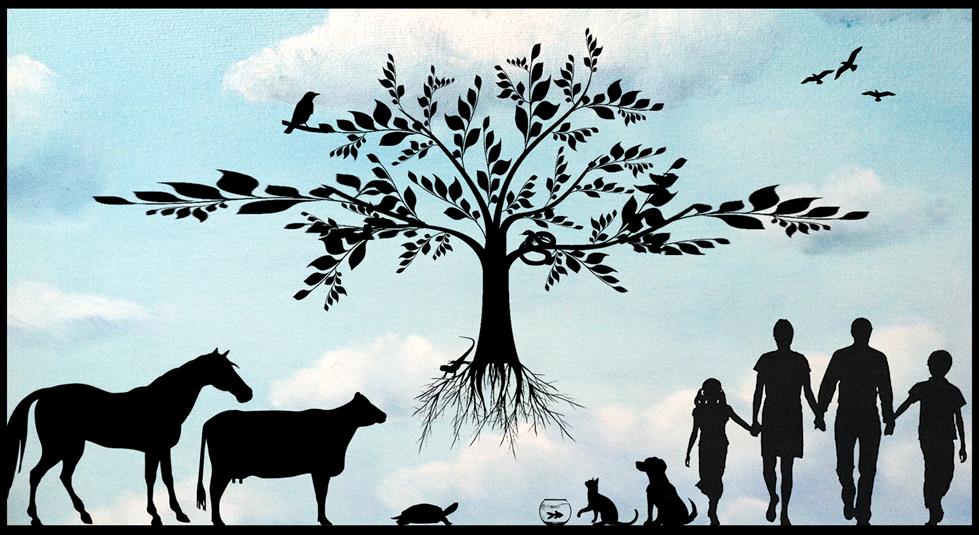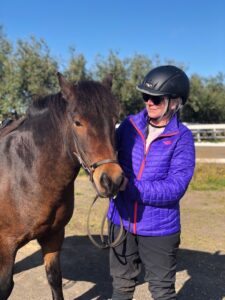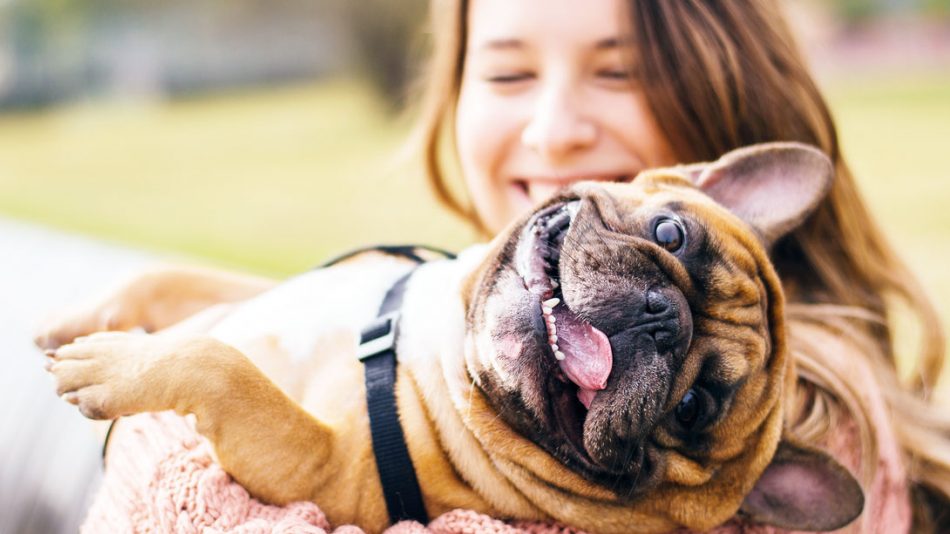Caring for Yourself When Coping with COVID-19

NC State College of Veterinary Medicine’s family and community services clinical social workers Rebecca Maher and Meri Wickenhofer are members of our care team focused on providing real-time support for the human side of the human-animal bond.
The CVM knows how vitally important our animals are to us. They are our most trusted companions. The space created by our bond is one that can uplift us and comfort us.
They offer the following tips for pet owners adjusting to feelings of isolation resulting from quarantine and social distancing.

Some initial recommendations include:
- Stay in contact with people you care for via phone, email or traditional mail.
- Join a friend with the goal of checking in with each other to discuss what you both are doing to take care of yourselves.
- If you are tech-savvy, establish some group meet-ups virtually. Chat with your book club, friends from church or co-workers through a video platform such as Skype or Zoom.
- If you are solitary, consider reaching out to one of our social workers for a check-in chat over phone or email.
- Establish a routine. That includes getting dressed even if it is only the cat who might see you. This is especially important given the current ever-changing landscape of this crisis.
- Eat as healthily as you can and engage in physical activity, even if it is dancing with your animal.
- Check in on the news, but try to take breaks from it.
- Engage in activities you have not previously had time for: garden, practice a musical instrument, arrange photos in album.
- During moments of high stress, take a moment to be with your pet and simply breathe.
- Reground yourself in shared values that keep us strong. Remember: As it has been said before, after all of this is over what really will have mattered is how we treated each other.
- If you are sick, plan for your pet’s care. Designate someone to care for your pet. Gather important documents, such as medical records and vaccine history. Keep medications in one place and write out a list of pet medications you use and the schedule of use.
Pet owners using our hospital may email family and community services at ncstatevetfcs@ncsu.edu or call the service at 919-413-3901 or 919-422-7563.

Additional resources from Rebecca and Meri:
- The Centers for Disease Control has guidelines for evacuation emergencies, a preparedness kit and documents in English and Spanish. https://www.cdc.gov/healthypets/emergencies/pet-disaster-prep-kit.html
- RedRover is a wonderful compendium of empathy resources with a focus on animals for those quarantined at home with children. https://redrover.org/news/empathyresources
- The Federal Emergency Management Agency offers a pet preparedness checklist. https://www.fema.gov/media-library/assets/images/166991
- The American Society for the Prevention of Cruelty to Animals outlines advice on keeping pets safe during the COVID-19 pandemic. https://www.aspca.org/news/coronavirus-keeping-your-pets-safe-during-covid-19-crisis
- The CVM has complied answers to frequently asked questions about animals and coronavirus, along with more resources for animal owners. https://cvm.ncsu.edu/animals-and-coronavirus-frequently-asked-questions
- Categories:


